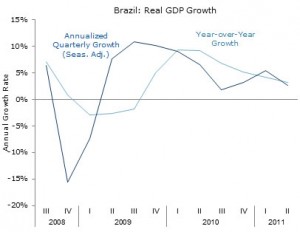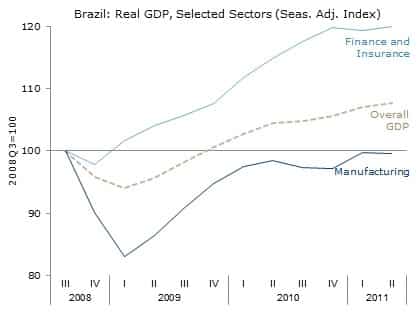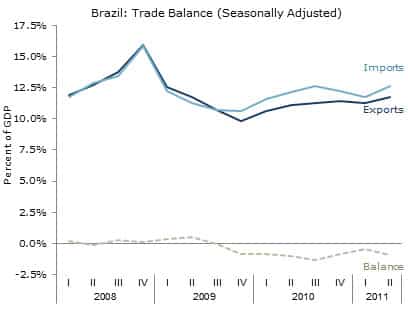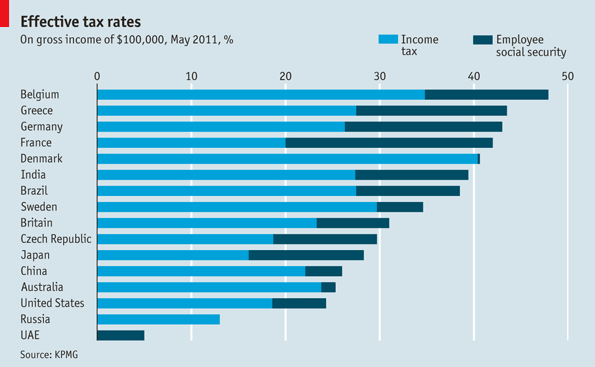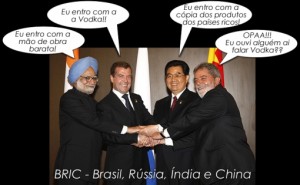Steve Jobs is not Brazilian
The Apple founder Steve Jobs, died without seeing his company operate normally in Brazil. The he is rightly being hailed as a revolutionary genius who transformed the way we sell and consume culture and technology. That’s a lot. But one thing he could accomplish was to make his business occupy the space it deserves in the phenomenal Brazilian market. And that says a lot more about Brazil than Jobs.
To date, Apple products are commercialized by third parties in Brazil, as the American company was unable to develop a viable business model in the homeland of the high taxes and poor business environment.
Brazilians pay double or more than Americans for an Ipad created by Jobs and his team. The last stand for the normalization of the action here was Apple’s announcement, over hyped to say the least, the construction of an IPad factory here.
The announcement came during Rousseff’s trip to China in April. In the absence of any tangible result of the visit, it was announced with great fanfare and no substance that Foxconn, the Taiwanese company that manufactures iPads would open a new factory in Brazil to produce them here. It was what Dilma and PT needed to capture the emerging middle class in the country.
As I wrote here at that time, Apple cannot sell its products in Brazil because of its poor economic conditions, called on the Taiwanese company that manufactures and iPods, IPads in China to produce them here and so get around the precarious economic environment and still be sold as an asset of Dilma’s visit to China. There is the “spin”!
The factory as of today is still obviously a promise. First there was talk of initial production in November, then that BNDES would finance the US$ 12 billion investment, then came the talk that there was no skilled labor in the country to implement the project, then start the operation would begin with Mexican “maquiladoras” only assembling the products here.
The fact is that Steve Jobs is dead, and Brazil is still largely excluded the Apple revolution. While we continue with one of the most expensive and slowest internet connections in the world.
These are the things that explain why we are behind despite the huge advances in recent years, and our dependence on blessed commodities, which without them we would have disastrous trade deficits.
If Jobs was able to transform so much, who knows that maybe this commotion with his death will illuminates the heads of our bureaucrats and accelerate liberalization of the Brazilian market and digital technology.
Taxing technology is taxing knowledge, innovation and the future. It closed the borders to Steve Jobs.
Attributions:
BR ECON: Steve Jobs | Expat Living in Goiânia, Brazil. /
Article by Sérgio Malbergier, Folha de São Paulo, published on Expatbrazil
Sergio Malbergier is a journalist. He was editor of the special money section of Folha (Dinheiro – 2004-2010) and Mundo (2000-2004), correspondent in London (1994) and Special Envoy for Folha in Iraq, Israel and Venezuela, among others. He has directed two short films, A Árvore (The Tree -1986) and Carô no Inferno (Dear Hell – 1987). He write for Folha.com on Thursdays.

